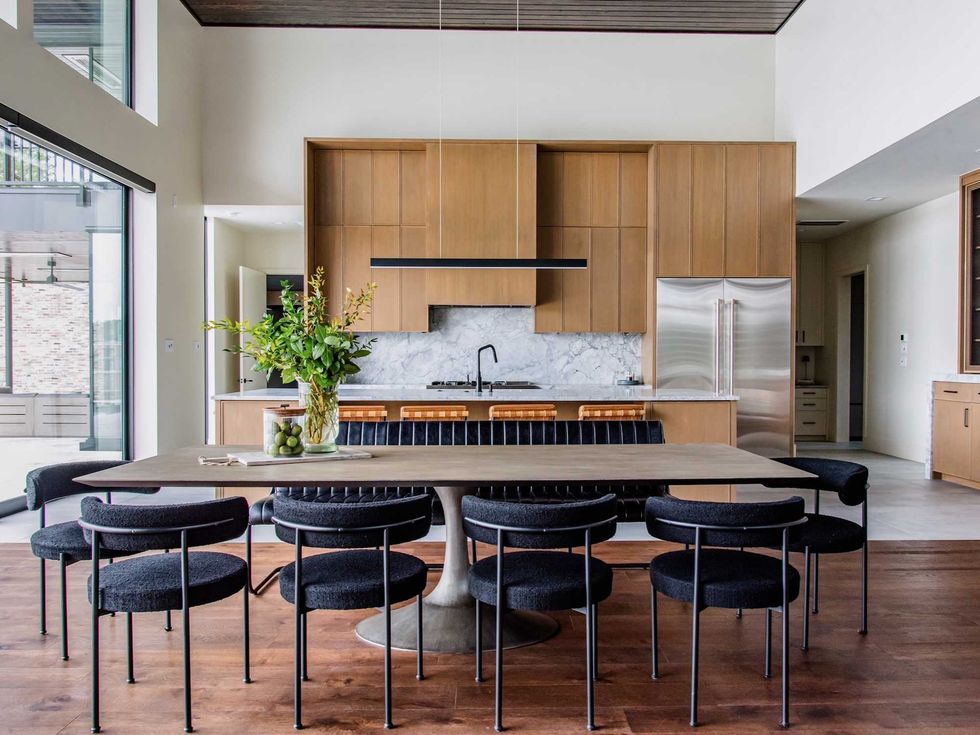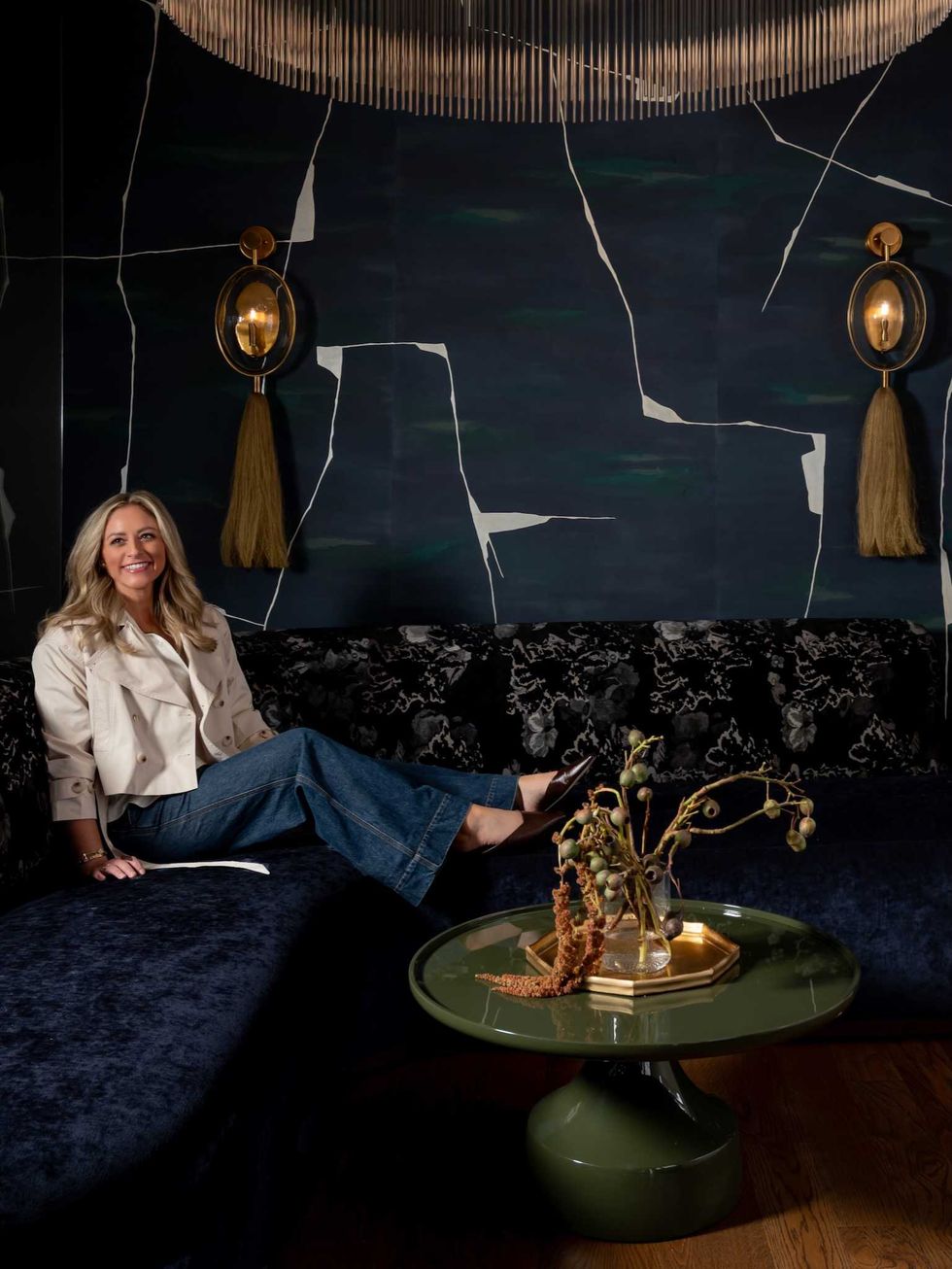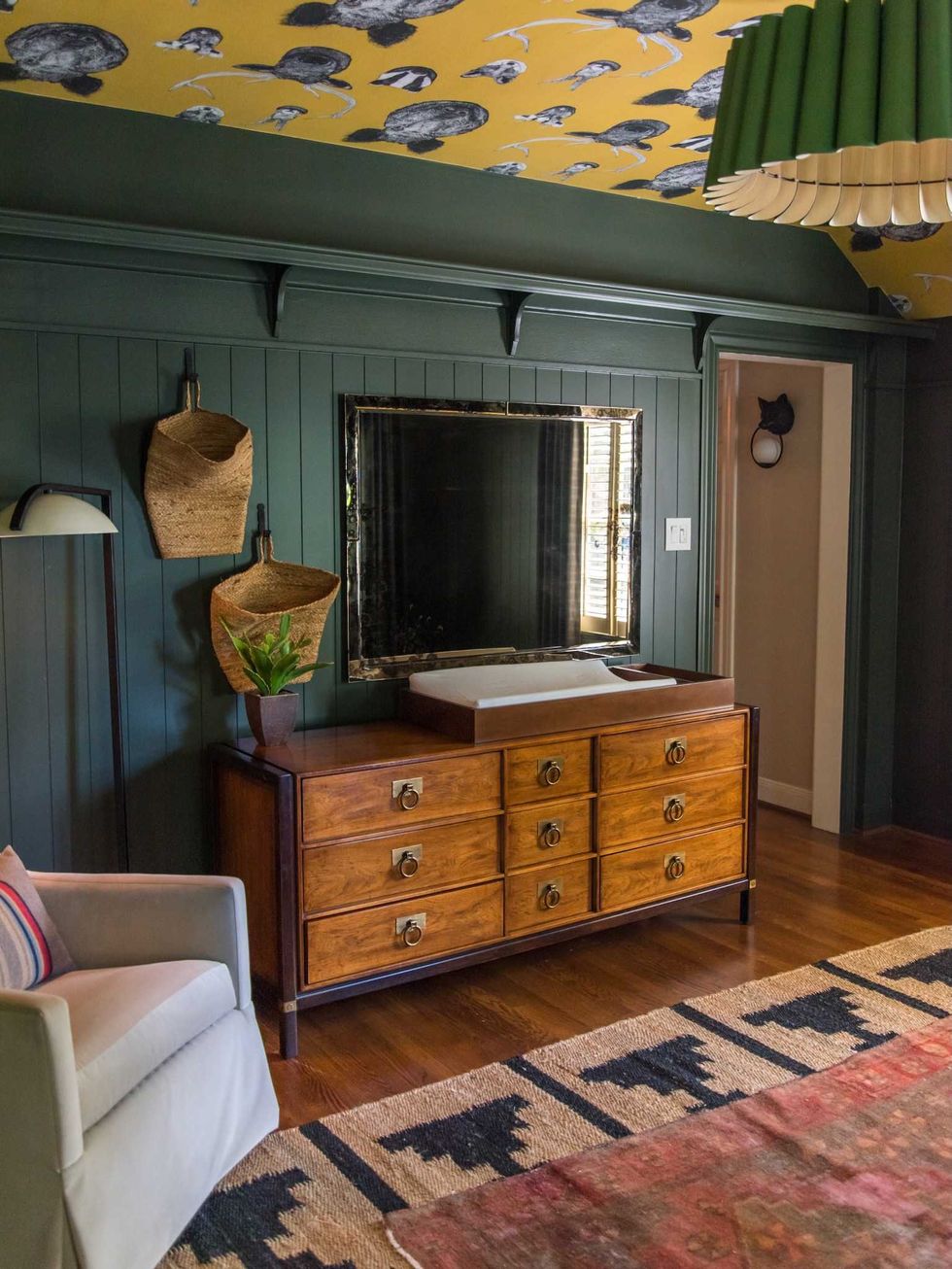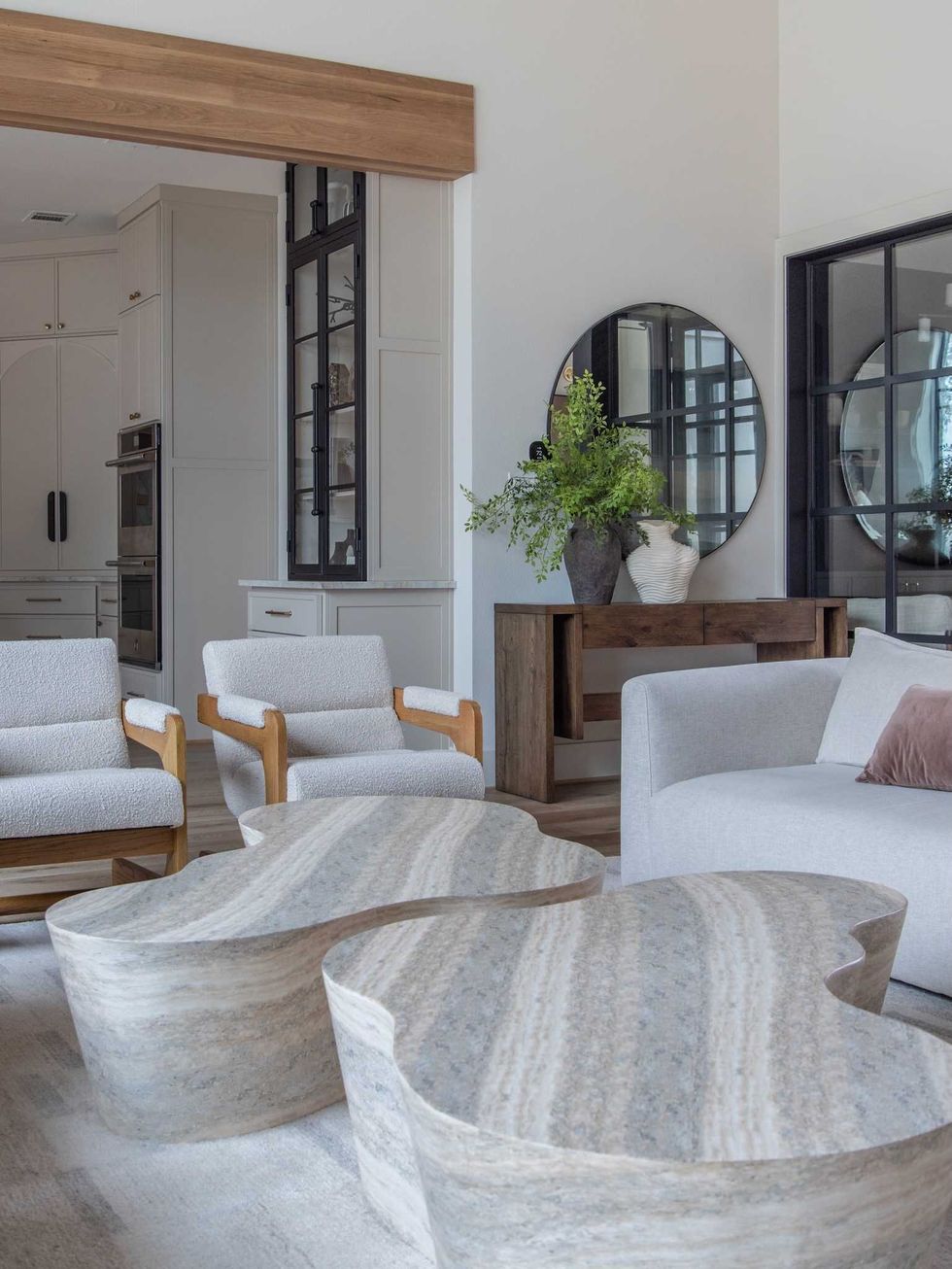My Favorite Room
Author Chitra Divakaruni's favorite room is a space of calm during creativestorms
 The little study in her Sugar Land home is where Chitra Divakaruni wrote six ofher novels including her latest work Oleander Girl, due out in March.Photo by Allamar Young
The little study in her Sugar Land home is where Chitra Divakaruni wrote six ofher novels including her latest work Oleander Girl, due out in March.Photo by Allamar Young A small Buddha given to Divakaruni by her mother helps to create a calmatmosphere.Photo by Allamar Young
A small Buddha given to Divakaruni by her mother helps to create a calmatmosphere.Photo by Allamar Young Occasionally, Divakaruni will take time out to meditate to clear her mind.Photo by Allamar Young
Occasionally, Divakaruni will take time out to meditate to clear her mind.Photo by Allamar Young Divakaruni understands the essential need for a writer to have a room that issolely her own.Photo by Allamar Young
Divakaruni understands the essential need for a writer to have a room that issolely her own.Photo by Allamar Young
According to Virginia Woolf, having a room of one's own is essential for female artists to create. Almost a century later, award-winning Houston novelist Chitra Banerjee Divakaruni understands that essential need for a writer to have a room that is solely her own.
In her first description of her writing room Divakaruni admits it’s nothing spectacular, “just books, books, and more books, and a door I can shut on the world.”
Though she has an office at the University of Houston, where she teaches, it’s in the little study in her Sugar Land home, overlooking the trees and small, golf course lake, where she wrote six of her novels including One Amazing Thing, and her latest work Oleander Girl, due out in March.
When the family bought the house more than 10 years ago, she told her husband and sons they could have whichever rooms they wanted but this study in the tree line would be her writing room.
When the family bought the house more than 10 years ago, she told her husband and sons they could have whichever rooms they wanted but this study in the tree line would be her writing room. “Everyone in the house knows when that door is shut, you open it only at your grave peril,” she explains, laughing.
Everything in the room, from the bursting bookshelves, to the small Buddha given to her by her mother, to the yoga mat on the floor helps to create the calm atmosphere outside and within her that she needs to write.
“If I’m full of a lot of stuff, there’s no space for those things to come up and be created in me. I have to empty myself to allow that imaginary world to come up and be created,” she says.
Yet sometimes the dramatic real world does mysteriously invade this writing sanctum. She recounts the strange story of this room when she had just begun her novel, Palace of Illusions, which is based on the Hindu sacred text The Mahabharata. Her husband was concerned that by retelling parts of this sacred epic from a woman’s point of view Divakaruni could get herself into trouble. She assured him that Panchaali was an important character, who needed “her space and her voice.”
“I just started the novel and lightning strikes the house, major lightning that cracks the chimney and fries everything, but not my computer,” she describes and then ponders this coincidence. “The night before something stuck me, and I unplugged my computer. So my computer was OK but everything else in the house is fried. My husband said ‘I told you. I told you.’ So that’s one of the adventures of this house and this room.”
Years later, Divakaruni still thinks having a room of her own as both a right and responsibility.
“I think it’s important for everyone, but particularly for women because we still live in a world where our job doesn’t end when we come home. We have whole other roles and responsibilities, wife, mother, cook.
"It’s really important to have a demarcation and to have a space where you tell people: When I enter this space it’s important that you respect that and you give me what I need to be an artist. . . I know a lot of people don’t have a space. So I really feel that if I don’t use it, well shame on me. I should use this to do all the writing I can do.”






